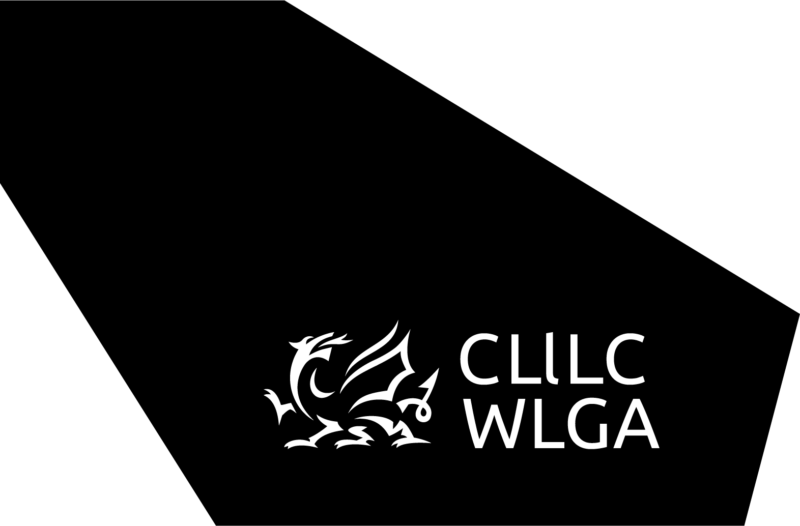The IAS Team Leader supported a client to attend an appointment with the CRISIS team in Prince Charles Hospital (PCH). The client was unable to travel independently to access the CRISIS service, they had no family support nor means of transport, and it was an emergency, so this required 1:1 support.
The client had reported issues of mental health, suicidal thoughts, self-neglect and “binging” on diazepam to a member of the IAS’ community support staff during a welfare call that morning. The client was desperately requesting to access CRISIS services in order to speak to someone about his extreme distress and anxiety.
The community support worker contacted the Team Lead for advice and support. The Team Lead contacted the CRISIS team and arranged for the client to be seen later that morning. The client had been known to the Team Lead since the end of last year. There were no known previous incidents of harm or risk towards self or staff. All risks in relation to harm to the client, harm to staff, and risks relating to COVID-19 were measured and assessed via the Cwm Taf IAS risk assessment & risk pathway as a matter of urgency. Due to COVID-19 and Health Board guidance, full PPE was worn by the staff and also provided for the client to wear, such as face masks, gloves, and aprons. Hand sanitiser and anti-bacterial wipes were also used.
Whilst waiting for the Team Lead to arrive at the client’s home to assist with transport to PCH, the community support worker continued messaging the client to keep him updated of what was happening and to check his safety.
The client was seen by the CRISIS team alongside the Team Lead, and during the two-hour assessment consultation he was provided with advice, reassurance and a card from the CRISIS team staff with the telephone numbers and out-of-hours contact number should they be needed again.
The Team Lead then supported the client to return home, offering and reiterating advice and reassurance along the way.
Since this incident, staff continue to stay in touch with the client via conducting welfare calls at least once a week. Face to face meetings have also been arranged on a fortnightly basis between the client, Team Lead, and his tenancy support worker. All present at such meetings must wear the required PPE and keep a strict 2m distance.
The client now has contact with a telephone Primary Care Mental Health service, which will hopefully return to its regular face-to-face service once lockdown restrictions begin to ease. This would benefit the client as the main issue he reported causing his mood to be so incredibly low at this time was the feeling of isolation and not having any face-to-face contact with someone one he can discuss his feelings with.


